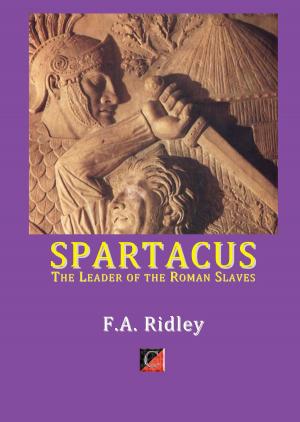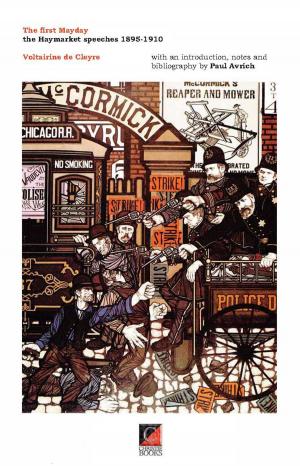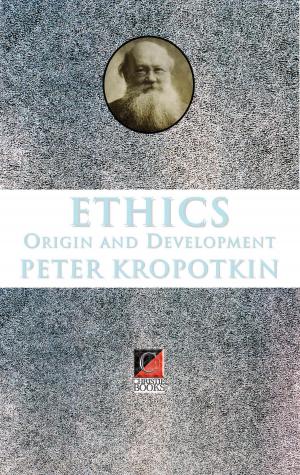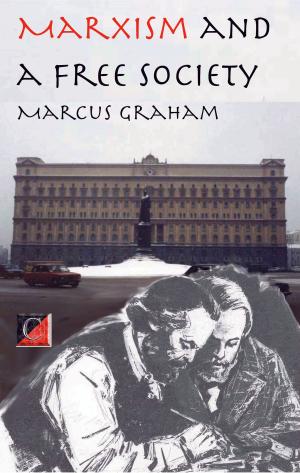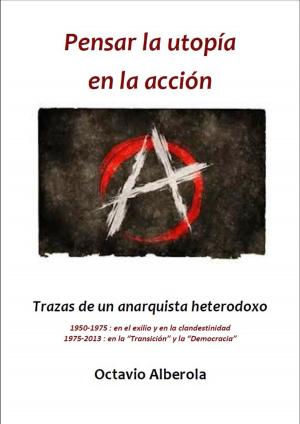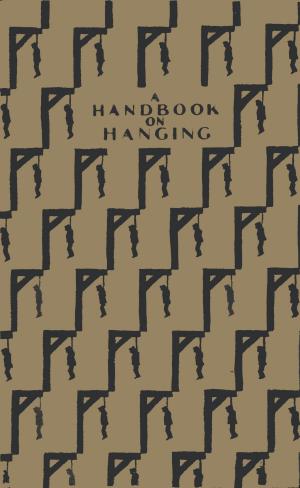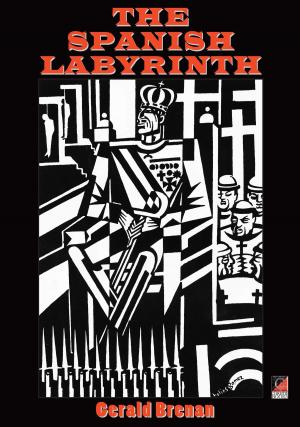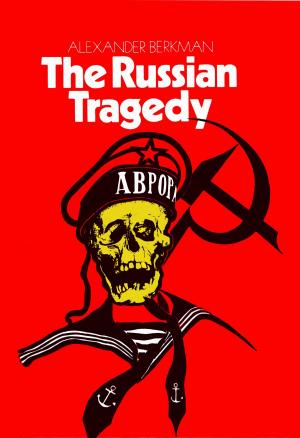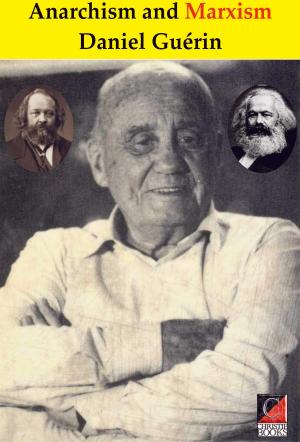The International Brigades and the Comintern in the Spanish Civil War
Nonfiction, History, Revolutionary, Spain & Portugal, Social & Cultural Studies, Political Science, Politics, History & Theory| Author: | Stuart Christie | ISBN: | 1230000271246 |
| Publisher: | ChristieBooks | Publication: | September 30, 2014 |
| Imprint: | ChristieBooks | Language: | English |
| Author: | Stuart Christie |
| ISBN: | 1230000271246 |
| Publisher: | ChristieBooks |
| Publication: | September 30, 2014 |
| Imprint: | ChristieBooks |
| Language: | English |
With the UK’s Foreign Recruitment Act making enlistment in a foreign army illegal, the British authorities became increasingly rigorous in their attempts to enforce non-intervention and implement the law, so Brigaders were recruited discretely through the Communist Party network by local cadres and ‘Spanish Aid Committee‘ organisers who took it on themselves to vet all volunteers, especially non-party members. Politically, around sixty per cent of the Scottish IB volunteers were paid-up CPGB members with twenty per cent or so drawn from the Labour Party, with, perhaps, a scattering of ILP, Scottish Socialist Party or Scottish Workers‘ Republican Party members. The remaining twenty per cent claimed to have no formal political allegiances. These figures were more or less the same for the whole of the British Battalion the the XVth International Brigade, although it’s impossible to say how many of the 110 Labour Party members were also — as Lewis Clive was — covert CP members. The British Battalion appears to have had at least seven ILP volunteers which to me was unusual given that the ILP line was close to that of the CNT defence committees: that the social revolution was inseparable from the war. It was for this reason that most of the I75 ILPers who fought in Spain did so with the anarcho-syndicalist militias or, like George Orwell, with the anti-Stalinist Marxist POUM. Few British workers had passports in those days so the usual practice was for the volunteers to make their way across the Channel on special weekend returns — which didn't require passports — and then travel down to Spain with the help of the efficient and well-disciplined French Communist Party— and the French authorities mostly turning a blind eye. The first batch of foreign volunteers to arrive in Spain in the autumn of I936 were obliged to surrender their passports to the ‘Foreigners’ Bureau of the Catalan Communist Party, the PSUC, then controlled by the NKVD, Stalin‘s secret police. Later the International Brigade established its own ‘Control and Security Service’ headed by Alexander Orlov, chief of NKVD operations in Spain. Their passports were never returned and were used in covert NKVD and GRU clandestine operations. There was also an IB ‘Cadre Commission‘ set up in Albacete in February 1937 to monitor and assess the ‘trustworthiness’ of volunteers and to expose 'fascist' spies and 'Trotskyist-anarchist provocateurs. A cadre report on the British Battalion, for example, listed 363 British volunteers, half of them CPers, and described forty-one them as ‘cadres', 142 as reliable, and I33 — of whom forty were Party members — as ‘weak or bad’. . .
With the UK’s Foreign Recruitment Act making enlistment in a foreign army illegal, the British authorities became increasingly rigorous in their attempts to enforce non-intervention and implement the law, so Brigaders were recruited discretely through the Communist Party network by local cadres and ‘Spanish Aid Committee‘ organisers who took it on themselves to vet all volunteers, especially non-party members. Politically, around sixty per cent of the Scottish IB volunteers were paid-up CPGB members with twenty per cent or so drawn from the Labour Party, with, perhaps, a scattering of ILP, Scottish Socialist Party or Scottish Workers‘ Republican Party members. The remaining twenty per cent claimed to have no formal political allegiances. These figures were more or less the same for the whole of the British Battalion the the XVth International Brigade, although it’s impossible to say how many of the 110 Labour Party members were also — as Lewis Clive was — covert CP members. The British Battalion appears to have had at least seven ILP volunteers which to me was unusual given that the ILP line was close to that of the CNT defence committees: that the social revolution was inseparable from the war. It was for this reason that most of the I75 ILPers who fought in Spain did so with the anarcho-syndicalist militias or, like George Orwell, with the anti-Stalinist Marxist POUM. Few British workers had passports in those days so the usual practice was for the volunteers to make their way across the Channel on special weekend returns — which didn't require passports — and then travel down to Spain with the help of the efficient and well-disciplined French Communist Party— and the French authorities mostly turning a blind eye. The first batch of foreign volunteers to arrive in Spain in the autumn of I936 were obliged to surrender their passports to the ‘Foreigners’ Bureau of the Catalan Communist Party, the PSUC, then controlled by the NKVD, Stalin‘s secret police. Later the International Brigade established its own ‘Control and Security Service’ headed by Alexander Orlov, chief of NKVD operations in Spain. Their passports were never returned and were used in covert NKVD and GRU clandestine operations. There was also an IB ‘Cadre Commission‘ set up in Albacete in February 1937 to monitor and assess the ‘trustworthiness’ of volunteers and to expose 'fascist' spies and 'Trotskyist-anarchist provocateurs. A cadre report on the British Battalion, for example, listed 363 British volunteers, half of them CPers, and described forty-one them as ‘cadres', 142 as reliable, and I33 — of whom forty were Party members — as ‘weak or bad’. . .


